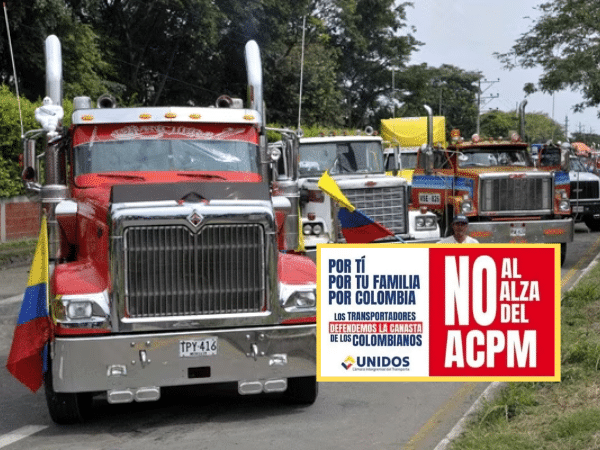SAN LUIS POTOSÍ, Mexico.- The Department of Homeland Security (DHS) reported this Thursday that Advance Travel Authorizations (ATA) were reinstated for beneficiaries of the humanitarian paroleafter having been suspended on August 2 following the revelation of an internal report exposing significant levels of fraud.
As announced Marti News, The DHS has included new measures to prevent potential fraud, a spokesperson for the government entity told the newspaper.
He release An official USCIS release states that as part of an internal review, DHS has incorporated “enhanced vetting into the support application process.”
They also warned that DHS is committed to “holding accountable those who commit fraud or attempt to exploit others for their own benefit.” “Anyone who commits fraud will be referred to appropriate law enforcement for prosecution.”
Upon resumption, authorities stipulate that to participate, eligible beneficiaries must have a sponsor in the United States; undergo and pass a “rigorous security check”; in addition to meeting other eligibility criteria and “ensuring a favorable exercise of discretion.”
Increased review of sponsors’ financial records and criminal records, investigations to uncover fraudulent sponsor profiles, and more rigorous review mechanisms will be used to detect trends in serial applications.
The process also includes the registration of the sponsors’ fingerprints in the United States and a background analysis of the potential beneficiaries, he explained. Marti News.
The processes
According to the official text, after the I-134 forms are submitted, the form and supporting evidence will be reviewed to verify that the sponsor has sufficient financial resources to support the beneficiary during the “conditional release” period. “We will conduct background checks on the supporter. We will determine whether the I-134A form is sufficient, and we may request additional evidence to make our determination.”
Under the new review process, about half of the total monthly Forms I-134A will be randomly selected, regardless of filing date.
They also confirm that they will review the other half of the monthly total of Forms I-134A based on the date of filing of the case on a “first in, first out” basis, which gives priority to the oldest Forms I-134A for review.
“This is intended to maintain a meaningful and equitable opportunity for all beneficiaries of a Form I-134A to move forward in the process and request advance travel authorization.”
“Potential beneficiaries from countries should continue to monitor their myUSCIS account for updated information about their ATAs. Individuals with a valid, unexpired ATA may travel,” officials confirmed.
Who is not eligible?
USCIS reminds that an individual is not eligible if he or she is a dual national or permanent resident of, or has refugee status in, another country. This does not apply to immediate family members (spouse, domestic partner, or unmarried child under the age of 21) of a qualified national of Cuba, Haiti, Nicaragua, or Venezuela with whom they are traveling.
In addition, a potential beneficiary is not eligible for preclearance to travel to the United States or parole under these processes if he or she fails the national security and public safety vetting or is deemed not to merit a favorable exercise of discretion.
You also may not do so if you have been ordered removed from the United States in the previous five years or are subject to a bar to admissibility based on a prior removal order; if you have crossed irregularly into the United States, between ports of entry, after the date on which the process was announced (for Venezuelans, after October 19, 2022; for Cubans, Haitians, and Nicaraguans, after January 9, 2023).
Those who have crossed the Mexican or Panamanian border irregularly after the date on which the process was announced or who are Cuban or Haitian and have been intercepted at sea after April 27, 2023 will not be considered for humanitarian parole.
Since the program was implemented in January 2023, more than 100,000 Cubans have benefited from humanitarian parole, most of whom have arrived in the United States and received parole under this process. The figures also show that at least 205,026 Haitians, 93,325 Nicaraguans, and 118,706 Venezuelans have been authorized to travel to the United States in the same period.
















